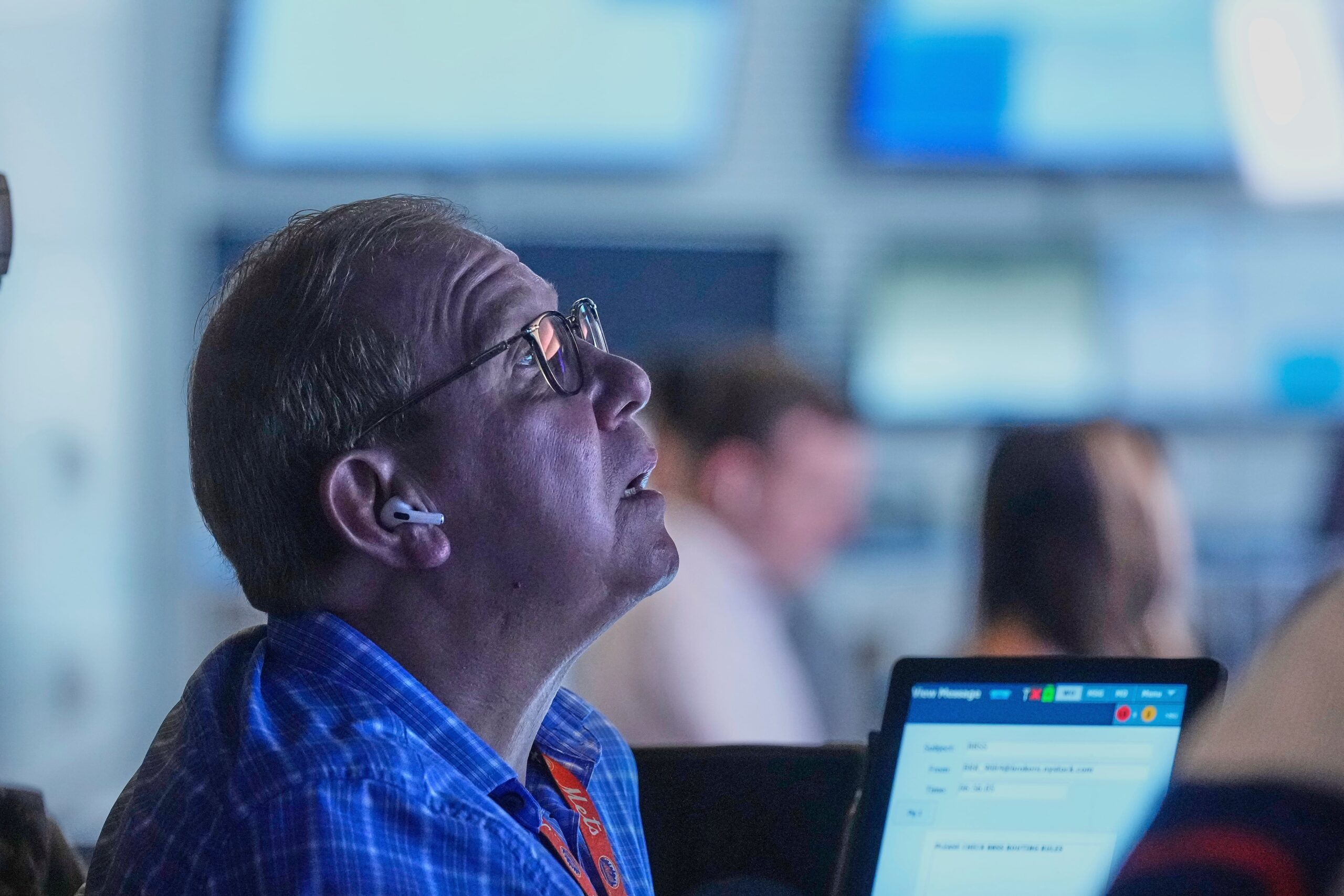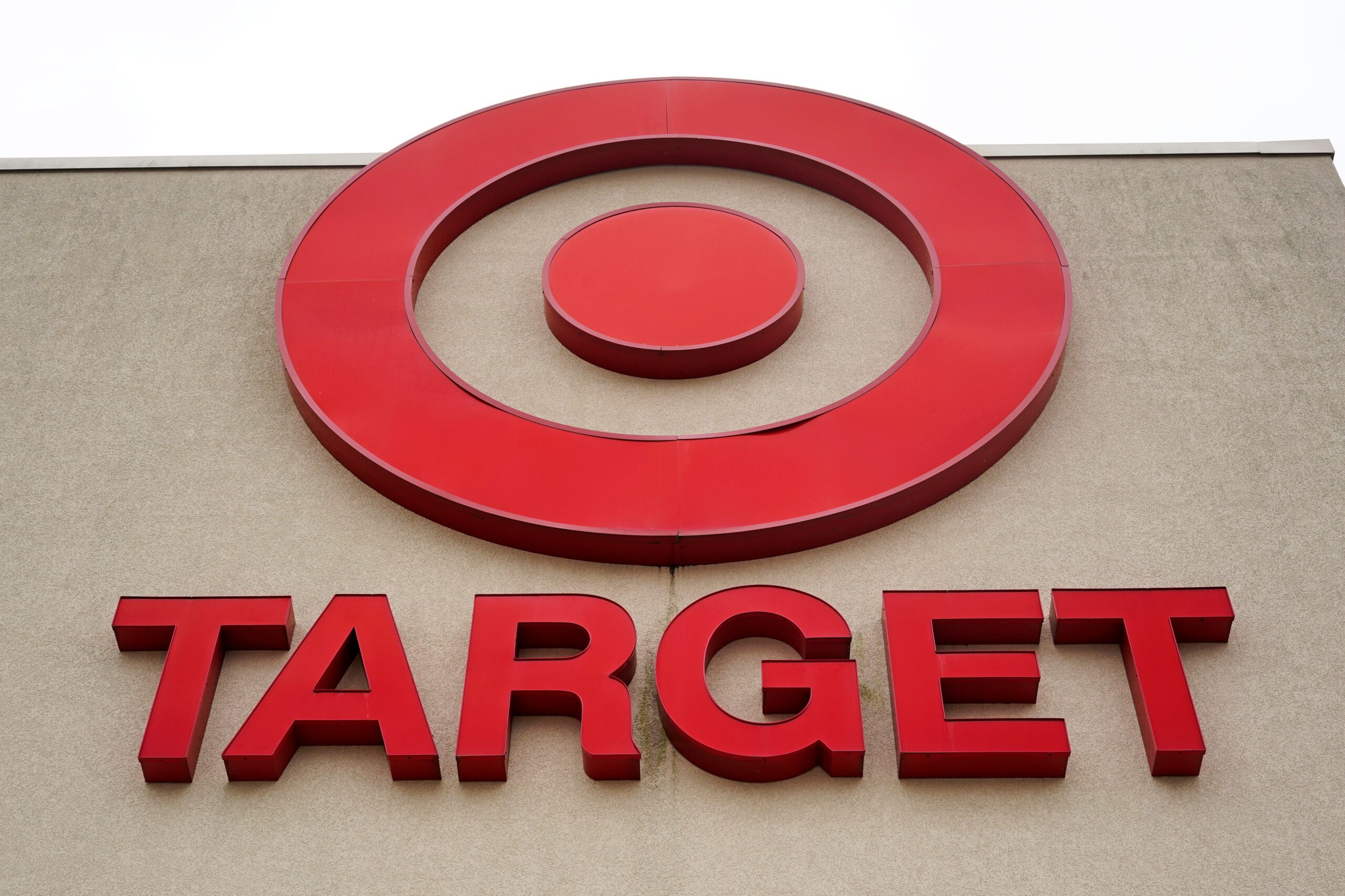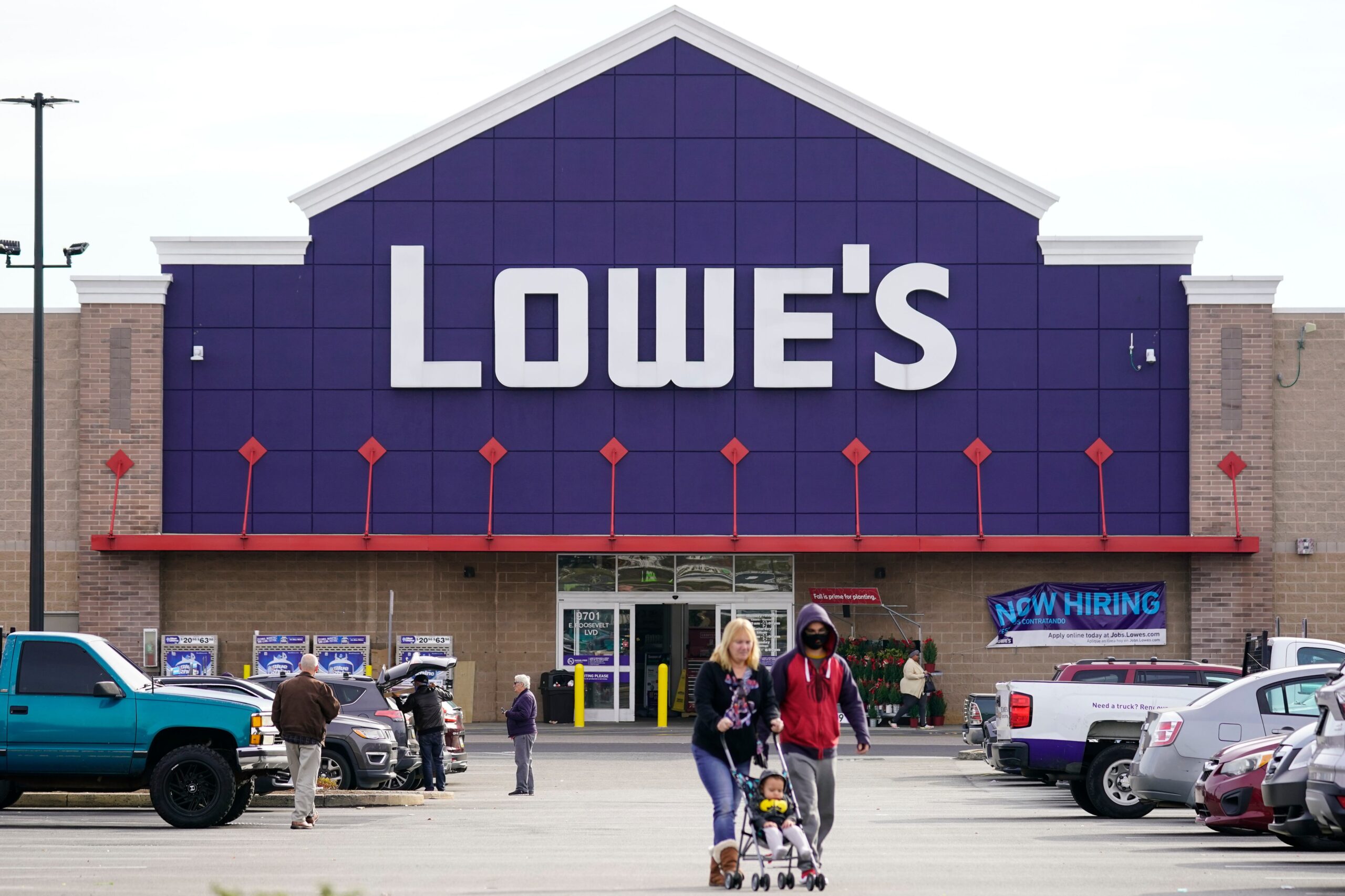On Wednesday, Microsoft, Palantir, and other high-profile stocks that soared in the frenzy around artificial intelligence technology are pulling Wall Street lower once more.
The S&P 500 hit an all-time high last week, yet it lost 0.9% and was headed for a fourth consecutive loss. As of 10:30 a.m. Eastern time, the Nasdaq composite was down 1.6% and the Dow Jones Industrial Average was down 132 points, or 0.3%.
Suggested Videos
After falling 3.5% on Tuesday, Nvidia, whose chips are driving most of the global shift to artificial intelligence, fell 3% and was poised to become the biggest weight on Wall Street for a second day in a row.
Another AI hotspot, Palantir Technologies, saw an 8.1% decline, compounding its 9.4% drop the previous day.
Ulrike Hoffmann-Burchardi, global head of equities at UBS Global Wealth Management, said a study by MIT’s Nanda Initiative may have contributed to the panic by warning that most companies are not yet seeing any quantifiable return on their generative AI investments.
However, these stocks have also been criticized for some time for having too high and too quick stock prices that were excessively costly in the midst of the AI craze. Prior to Tuesday, Nvidia’s stock had risen 35.5% for the year, and its profit report, which is due next week, is one of the next big events on Wall Street. The price of palantir had more than doubled.
However, there are still proponents of tech stocks who believe AI will usher in the next phase of corporate change.
Almost as many stocks in the S&P 500 index increased as fell, while mixed earnings reports from major American retailers helped control the rest of the market.
TJX, the business that owns Marshalls and TJ Maxx, increased 4.6% after exceeding analyst predictions for revenue and profit. CEO Ernie Herrman stated that TJX is witnessing good demand at all of our U.S. and foreign businesses and that its current quarter is off to a strong start. The company has increased its profit prediction for the entire fiscal year.
Following a result for the most recent quarter that exceeded experts’ estimates, Lowe saw a 0.2% decline. Additionally, it announced that it has reached an agreement to pay approximately $8.8 billion to acquire Foundation Building Materials, a distributor of ceiling systems, drywall, and other interior building supplies.
Target, on the other hand, fell 8.1% despite just exceeding analysts’ spring earnings projections. According to the faltering business, insider Michael Fiddelke, a 20-year veteran, will take over as CEO once Brian Cornell steps down on February 1. Although he assisted in revitalizing the business, it has had difficulty recovering from poor sales in the more cutthroat retail environment following the COVID-19 pandemic.
After releasing a profit prediction for the next fiscal year that fell short of Wall Street’s projections, Estee Lauder saw a 4.9% decline. According to the cosmetic company, tariffs will reduce its future earnings by about $100 million.
After the furniture manufacturer’s springtime profit and revenue fell short of analysts’ projections, La-Z-Boy fell 11.5%. According to CEO Melinda Whittington, the company is battling with weaker industry demand and is considering possible solutions to deal with the financial strain from non-core business operations.
When Federal Reserve Chair Jerome Powell delivers a much-anticipated speech in Jackson Hole, Wyoming, on Friday, Wall Street is poised to receive the most significant news of the week. The Fed has already made significant policy announcements there, and Wall Street is hoping Powell will allude to an impending interest rate decrease.
This year, the Fed has maintained its main interest rate at its current level, mostly due to concerns that President Donald Trump’s tariffs may lead inflation to rise. However, a surprise poor report on national job growth might be overshadowing that.
Expectations of impending interest rate reduction have caused Treasury yields to drop precipitously; late Tuesday, the yield on the 10-year Treasury fell to 4.29% from 4.30%.
Indexes from Europe and Asia were mixed in foreign stock markets.
Despite a report that stated that inflation in the United Kingdom increased more than anticipated through July, partly as a result of skyrocketing travel and food prices, London’s FTSE 100 increased 1.1%.
After Japan revealed that its exports decreased marginally more than anticipated in July due to pressure from higher tariffs on goods going to the United States, Tokyo’s Nikkei 225 slumped 1.5%. Additionally, imports decreased from a year before.
Hang Seng of Hong Kong increased by 0.2%. Following the CEO’s announcement that the business’s yearly revenue could surpass $4 billion this year and the launch of a miniature version of its well-known Labubu dolls, shares of the Chinese toy giant Pop Mart International Group surged 12.5%.
___
Contributions were made by AP Business Writers Matt Ott and Yuri Kageyama.







